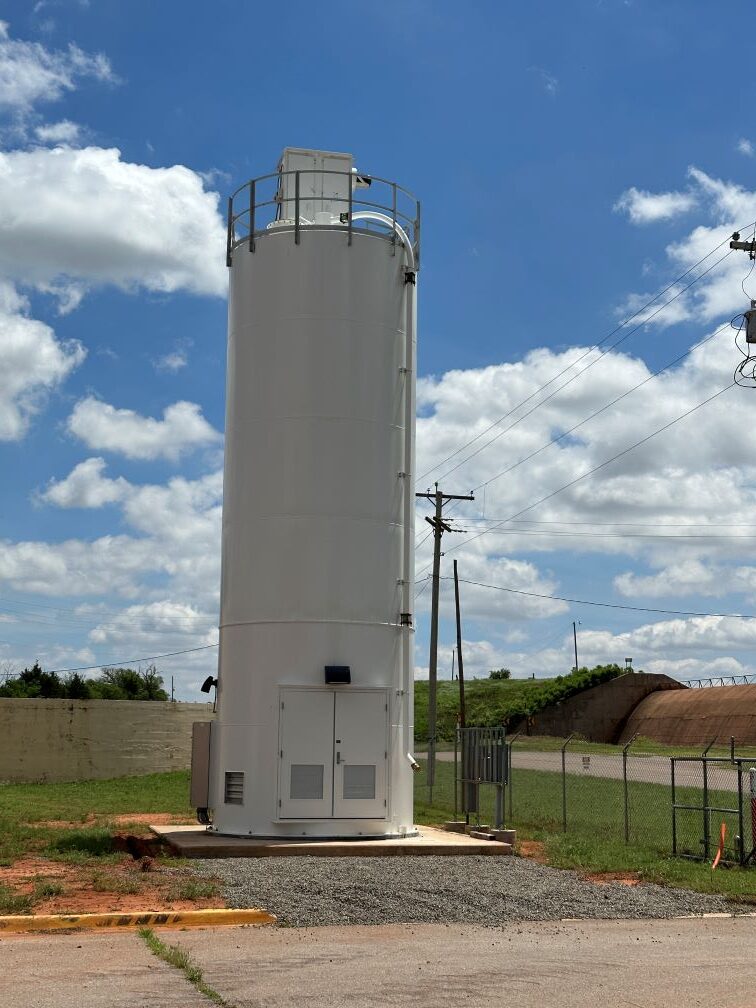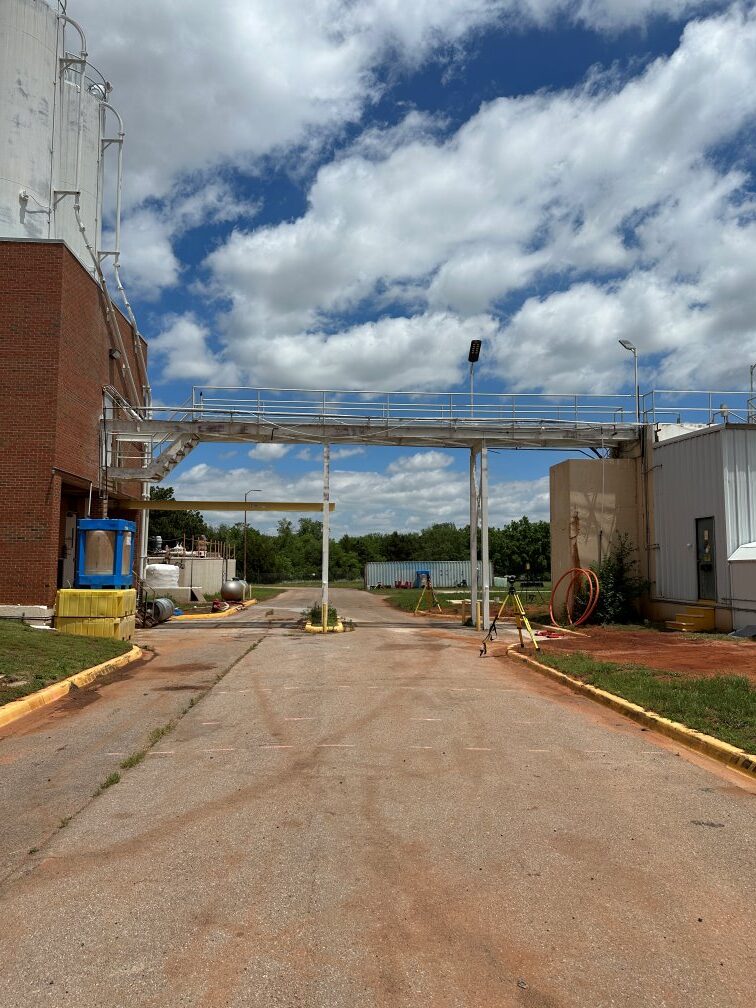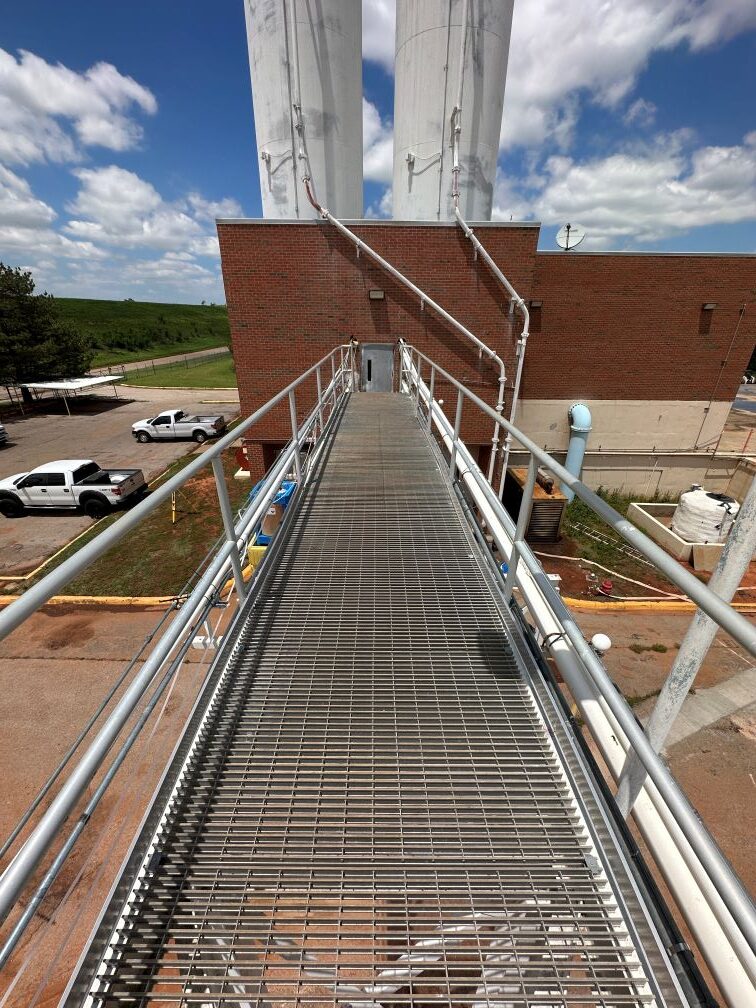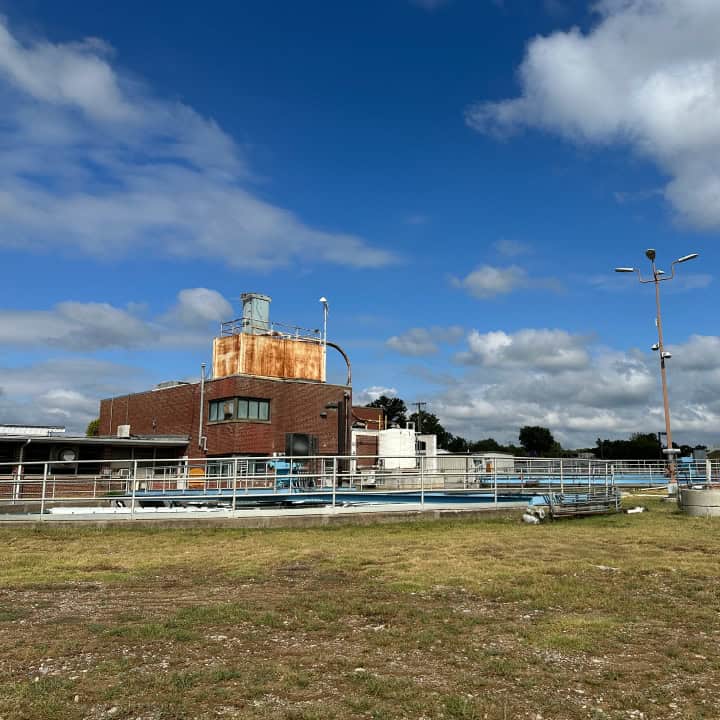Laying the Foundation: How Quality Land Surveying Shapes Water and Sewer Infrastructure Design
In civil engineering and infrastructure development, designing new water and sewer systems is a complex task that directly affects community health, environmental sustainability, and economic growth. At the core of these projects is a crucial yet often overlooked process: quality land surveying.
This post highlights the vital role of land surveys for infrastructure projects, particularly in water and sewer system design, and explains why precise surveying isn’t just a preliminary step—it’s the foundation for successful project completion.


Existing Catwalk

Survey Supporting Catwalk Design
Foundation of Precision
Land surveys are the foundational layer upon which all subsequent design and construction decisions are made. They provide precise measurements, imagery, and data regarding the project site's topography, boundaries, and natural features. This information is crucial for identifying the optimal layout of pipelines, treatment facilities, and other components of water and sewer systems.
With accurate land surveys, projects can avoid unforeseen obstacles, leading to costly delays, modifications, and construction change orders. Thus, the precision afforded by high-quality survey work ensures that infrastructure is designed effectively and harmoniously with the natural landscape, minimizing environmental impact.
Regulatory Compliance and Risk Mitigation
Ensuring the public's safety and welfare is the fundamental principle guiding all actions undertaken by a professional land surveyor. Developing new water and sewer infrastructure is highly regulated and subject to many local, state, and federal guidelines. Quality professional land surveying is pivotal in ensuring that projects comply with these regulations, including environmental protection laws and zoning restrictions.
By accurately mapping and acquiring data on the project area, surveyors assist the design team in navigating legal requirements and avoiding potential fines and legal challenges. Moreover, by identifying possible risk factors such as flood zones or contaminated sites, land surveys enable project teams to proactively address issues, ensuring the safety and sustainability of the infrastructure.
"Price is what you pay, and value is what you get" - Warren Buffet.

Facilitating Innovation
The water and sewer infrastructure field is rapidly evolving, with new technologies and materials offering the promise of more sustainable and resilient systems. Quality land surveys are essential for integrating these innovations into project designs. For instance, detailed and accurate topographical data can enable the adoption of green infrastructure solutions, such as permeable pavements and bio-swales, which complement traditional stormwater systems while enhancing environmental benefits. Similarly, accurate surveys facilitate using advanced construction techniques, such as trenchless technology, which minimizes surface disruption and speeds up project completion.
The role of land surveying in designing new water and sewer infrastructure cannot be overstated. It is a critical process that influences every aspect of project planning, design, and execution. Quality land surveys, completed by a licensed land surveyor, lay the groundwork for efficient, sustainable, and successful infrastructure projects that benefit communities and the environment. As such, investing in high-quality land survey work is not an optional preliminary step but a fundamental prerequisite for any project aspiring to excellence in water and sewer infrastructure development.
